Passive health protection when Covid is here to stay
Looking into a building’s safety measures, it’s easy to focus on the role of active systems such as sprinkler systems or fire extinguishers which will combat dangers should they ever arise. However, of arguably far greater importance in this area is passive protection - that is, systems which are always present and help safeguard the people inside a building, simply by being there with little active input ever required. A great example is fire doors, which when closed help prevent the spread of fire but also have inbuilt fire-resistant qualities.
With the ongoing Covid-19 pandemic becoming an increasingly important factor when contemplating building design (e.g. creating spaces where people can socially distance), the role of passive protection in keeping people safe from viruses should be at the top of every architect’s mind. Although it falls to the occupants to take part in active measures such as social distancing, hand washing and cleaning, there is much that can be done to keep people safe in terms of passive protection. Primarily, this is due to the fact that active measures are fallible and rely on human agency, whereas passive protection will always provide the same level of assistance.
Antimicrobial surfaces are key in preventing the spread of viruses. Addmaster antimicrobial silver ions disrupt the DNA of bacteria, moulds and viruses to prevent their spread, and this feature gets to work as soon as it is installed. Beplas products eliminate 80% of bacteria after 15 minutes, 99.9% after 2 hours and permanent protection is reached after 24 hours. Furthermore, as the compound is present throughout the material rather than just the surface, it will continue to work throughout the lifespan of the material even if it becomes abraded or damaged.
What makes this all the more crucial moving forward is that scientists are predicting that COVID-19 will continue to sweep across the world in waves for years to come. As such, passive protection is vital for any new or renovated building in terms of protecting those inside. Short-term measures such as remote working will only be possible for so long, and therefore, long-term solutions to the pandemic need to be taken extremely seriously.
Desperate times call for fantastic solutions, and Beplas hygienic cladding could be just the thing that can keep people safe from infection without having to rely on active measures.
Download our essential specifier guide here
Get in touch sales@beplas.com
0800 413 758

 NBS Specification
NBS Specification Book a CPD
Book a CPD